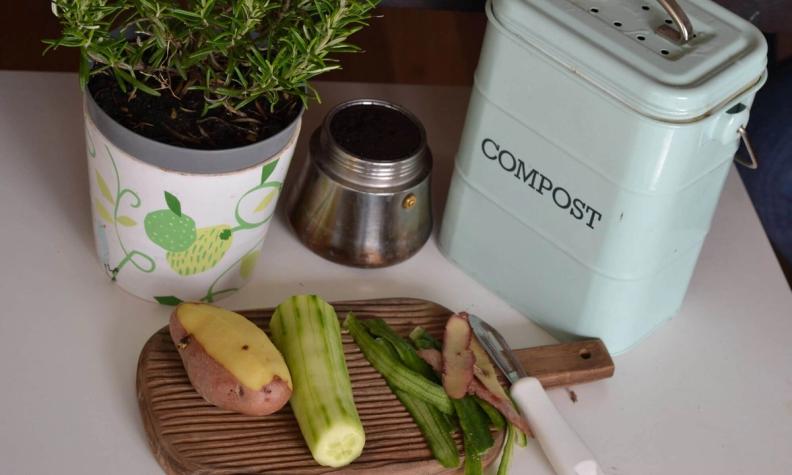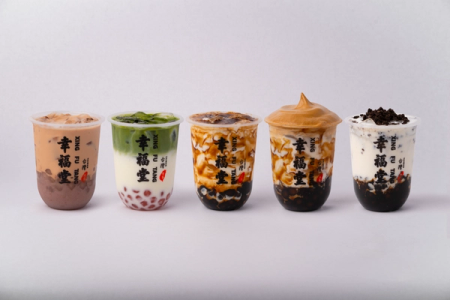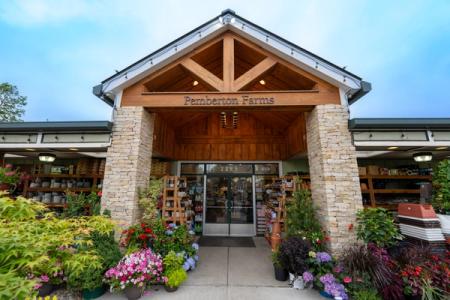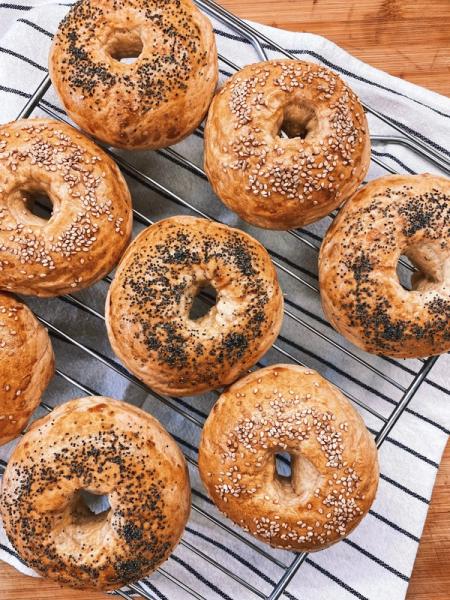While preventing food waste at home should be your number one goal, some food scraps are inevitable. Find out why composting is the next best solution.
Why and How to Start Composting
While preventing food waste at home should be your number one goal, some food scraps are inevitable. Find out why composting is the next best solution.
Why and How to Start Composting

While preventing food waste at home should be any Waste Warrior’s number one goal, some food scraps are inevitable. What’s the next best solution? Tossing those bits of food into the compost bin instead of the trash bin. Read on to find out why.
What is composting?
Composting is the natural process of turning organic materials, such as yard waste and food scraps, into a fertilizer for improving soil and plants. It speeds up the decomposition process by providing the best environment for bacteria, fungi, and other organisms to create fertile garden soil, i.e. compost.
What are the benefits?
Composting allows you to recycle any organic waste created at home into something beneficial for your backyard or local community. The fertile garden soil created from compost helps to improve soil health, water conservation, and the next generation of crops.
By diverting your food scraps from the landfill, you’re also cutting down on methane emissions. Compostable waste ends up buried under piles and piles of other trash at a landfill, which cuts off the supply of oxygen required for natural decomposition, and in turn produces methane. According to the Environmental Protection Agency, landfills are the third-largest source of human-generated methane emissions in the United States.
What is methane?
Methane is a dangerous greenhouse gas up to 30 times more potent than CO2 over a 100-year period, and a major contributor to climate change. Experts believe that if methane emissions were cut by 40-45% over the next decade, we could reduce the increase in global temperatures by 0.3°C by the year 2040.
Ready to start composting?
First, decide whether you’ll be creating a backyard or indoor compost bin. Home Depot has many outdoor composter options in all sizes. If you’d prefer to outsource your composting, check your local municipal website to find out whether your neighborhood offers curbside organic waste pickup or a local drop-off program. This service is often offered at local farmer’s markets and community gardens.
Next, purchase a small compost bin—such as this one from Package Free—to easily store food scraps between pickups or drop-offs. Surplus food scraps can also be kept in the freezer to prevent any bad smells in your kitchen. See a full list of what you can and can’t compost below.




